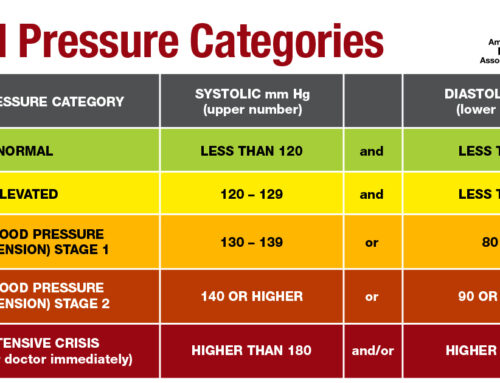by Dr. Tina Marcantel
Inflammation is a sign of the body’s natural response to protect itself from harm. The five cardinal signs of inflammation are pain, heat, redness, swelling, and loss of function.
For instance, if you stub your toe your immune system goes into action: it sends an army of white blood cells to the area to surround and protect the damaged tissue. This surge of blood often results in redness, swelling, and pain in the affected area. A similar response is triggered by infection like flu or pneumonia. This is called acute inflammation, and it’s an important factor in the body’s self-healing process. It’s usually fairly short-lived—once the cells have been repaired, the inflammation subsides and things return to normal.
Another type of inflammation is called chronic, and it can lead to long-term health problems. In this case, the body’s immune system may become dysfunctional. With autoimmune diseases like rheumatoid arthritis, lupus, and Hashimoto’s thyroiditis, the immune system can target parts of its own body, destroying healthy tissue and producing unwanted inflammation, causing generalized pain throughout the body.
Gut disorders often are also related to inflammation overload. There are many things that can trigger inflammation that can eventually damage the lining of the intestines, including something call “food sensitivities.” This is different from a food allergy in that a specific food doesn’t trigger an immediate and drastic response, but over time certain antibodies become sensitized to that food and release immune chemicals that cause inflammation in the body tissues. The resulting symptoms may manifest as skin rash, joint aches and pains, sinusitis, asthma, insomnia, headaches, and digestive disorders producing bloating, gas, and poor food absorption.
Relief from Inflammation
So what can we do about chronic, runaway inflammation?
In the case of food sensitivities, there are tests that can be used to identify which specific foods may be causing the unwanted immune response. Once identified, these foods can be limited in the diet to minimize inflammation.
There is also evidence that the stress hormone cortisol can further activate inflammation and fuel some chronic conditions. Therefore, identifying and minimizing areas of stress in our lives and incorporating anti-stress techniques like meditation, yoga, and exercise can actually reduce chronic pain.
Diet can also play a role. Research shows that foods high in sugar and saturated fat can kindle inflammation, while foods like fish, leafy greens, and olive oil can calm inflammation.
Some supplements can also provide an all-natural health aid, as well. As one example, the scientific evidence seems to make a strong case for tart cherry as a potent anti-inflammatory that can be useful for a wide range of conditions. Nutraceutical concentrated tart cherry can be found in several forms, including juice, powder, and capsule form. Various studies have shown promising results in reducing gout attacks and muscle and joint soreness.
The more you recognize the role inflammation plays in your overall health, the better you will be able to take the necessary steps to control it.






